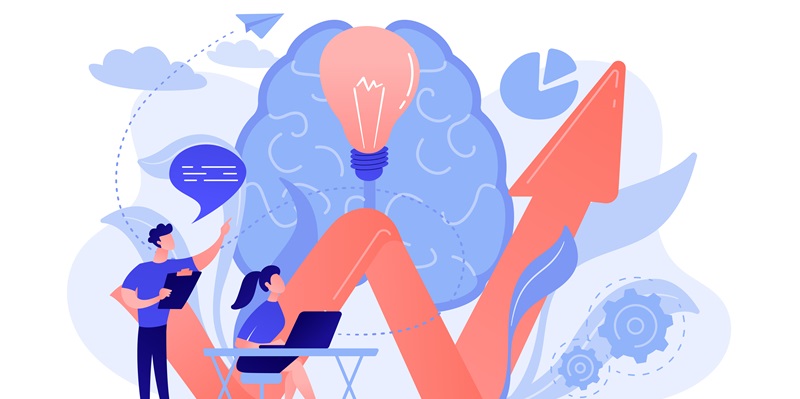As we step further into an era shaped by artificial intelligence and technological advances, the World Economic Forum’s 2024 report provides key insights into the evolving job market. The concept of targeted upskilling stands out, highlighting the imperative for continuous learning in the face of AI’s dual nature—its capacity both to drive innovation and to create disruption. As the workforce navigates these challenges, the necessity for both individuals and organizations to embrace education and adaptability is underscored. This future of work, characterized by constant evolution, demands a strategic approach to skill development to ensure that employees remain competitive and businesses thrive amidst the tech revolution. The report suggests that success in this new economic landscape will depend on the ability to swiftly adjust to technological shifts, adopting a culture of lifelong learning as the cornerstone of professional growth and economic stability.
The Upskill Imperative
Preparing for the AI Revolution
The transformative power of generative AI is prompting a rethink of the skills needed in the modern workforce. As the World Economic Forum (WEF) report suggests, careers are increasingly dependent on understanding and leveraging new technologies. This technological tide necessitates an urgent upgrade in workforce capabilities, with a strong emphasis on education systems to stay abreast of such advancements. Governments and businesses are being called to action—to foster tech fluency in their teams to ensure that as workplaces evolve with AI integration, employees are not left behind. This shift toward AI proficiency is not just about keeping jobs but is central to driving sustainable employment growth in a future where AI augments the human workforce, making tech-savvy individuals highly sought-after assets in any organization.
From Threat to Opportunity
While there is anxiety about AI-driven job losses, the World Economic Forum (WEF) underscores the new job possibilities enabled by AI’s advancement. AI doesn’t just displace jobs; it creates them, forging unprecedented career avenues. In light of this transformation, workers must adapt and enhance their expertise, a process known as upskilling. This preparation for the evolving job landscape is not just a buffer against automation but a strategic move to harness its potential. The future of work—reshaped by AI—demands workers who are versatile and skilled in these new technologies. The impetus to retrain is crucial for those seeking not only to navigate but also to capitalize on the emerging economic realities that AI infuses into various industries. Investing in upskilling is not just personal growth; it’s economic adaptability.
Equitable Workforce Expansion
Boosting Female Workforce Participation
The latest findings show a promising shift toward a more inclusive workforce, marked by a significant increase in women’s employment. This positive change is partly credited to the expansion of childcare support, which has been pivotal in enabling more women to either take up work or return to their careers post-childbirth. Recognizing the dual benefits of such initiatives, the report celebrates these advancements for their role in promoting gender parity and driving economic growth. Childcare support is not just a matter of fairness but is also seen as a strategic economic move. The World Economic Forum underscores the importance of such services to both enlarge the labor force and ensure diverse demographic representation in the workplace. This support is essential for nurturing a balanced and robust workforce that leverages the full potential of its population.
The Digital Employment Surge
The digital transformation of the workplace is accelerating, creating a boon for workers worldwide. The World Economic Forum anticipates a surge in digital jobs, which could break down geographical barriers and cultivate a diverse workforce. Remote work has heralded this change, granting employees desired flexibility and leading to the rise of pop-up offices. These innovative spaces support a hybrid work model, offering a balance of remote independence and office collaboration.
Key to the future of work are themes of continual learning, inclusivity, and workplace evolution, as identified by the WEF. With AI’s growth presenting opportunities and challenges, strategies are being tailored to enhance female labor participation and adapt to changing environments. The WEF’s 2024 vision thus acts as a guide for building a robust, fair labor market.

